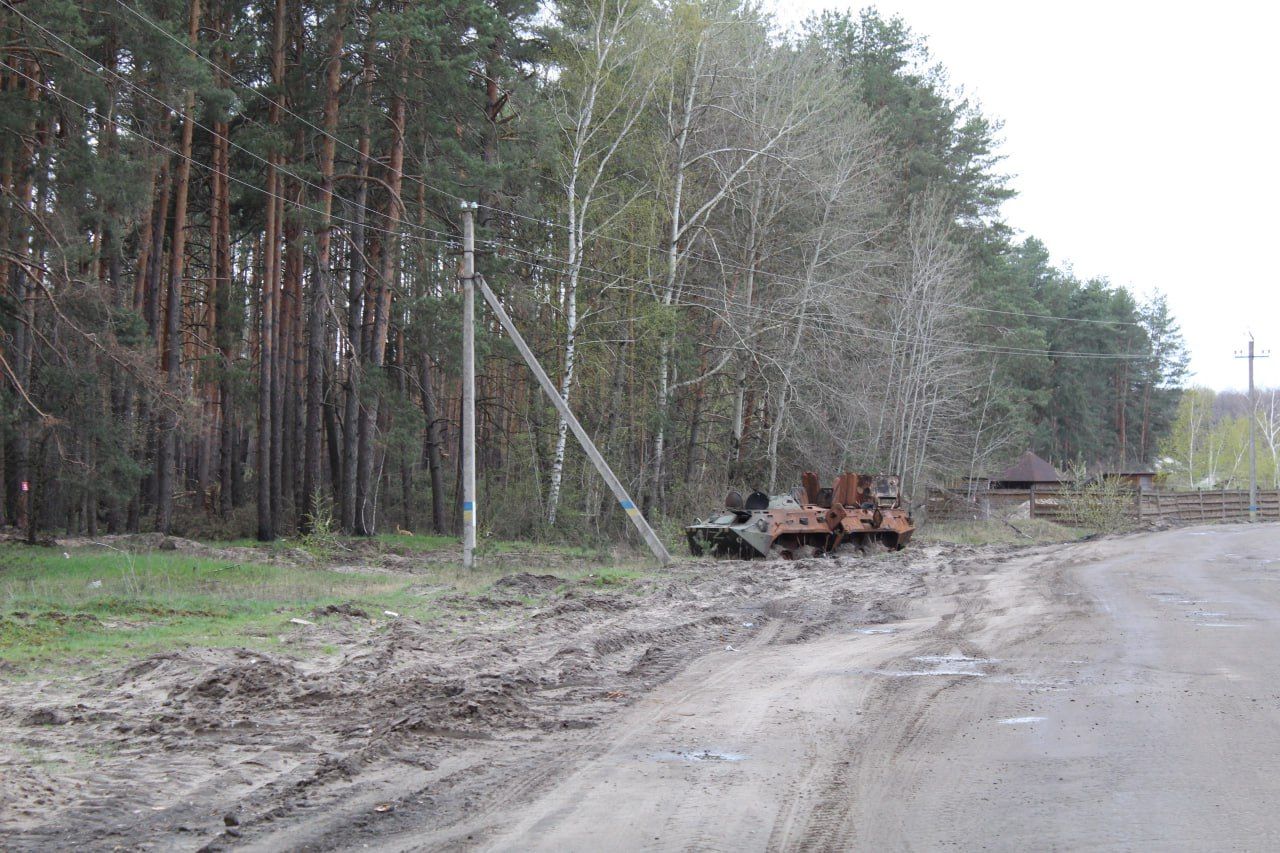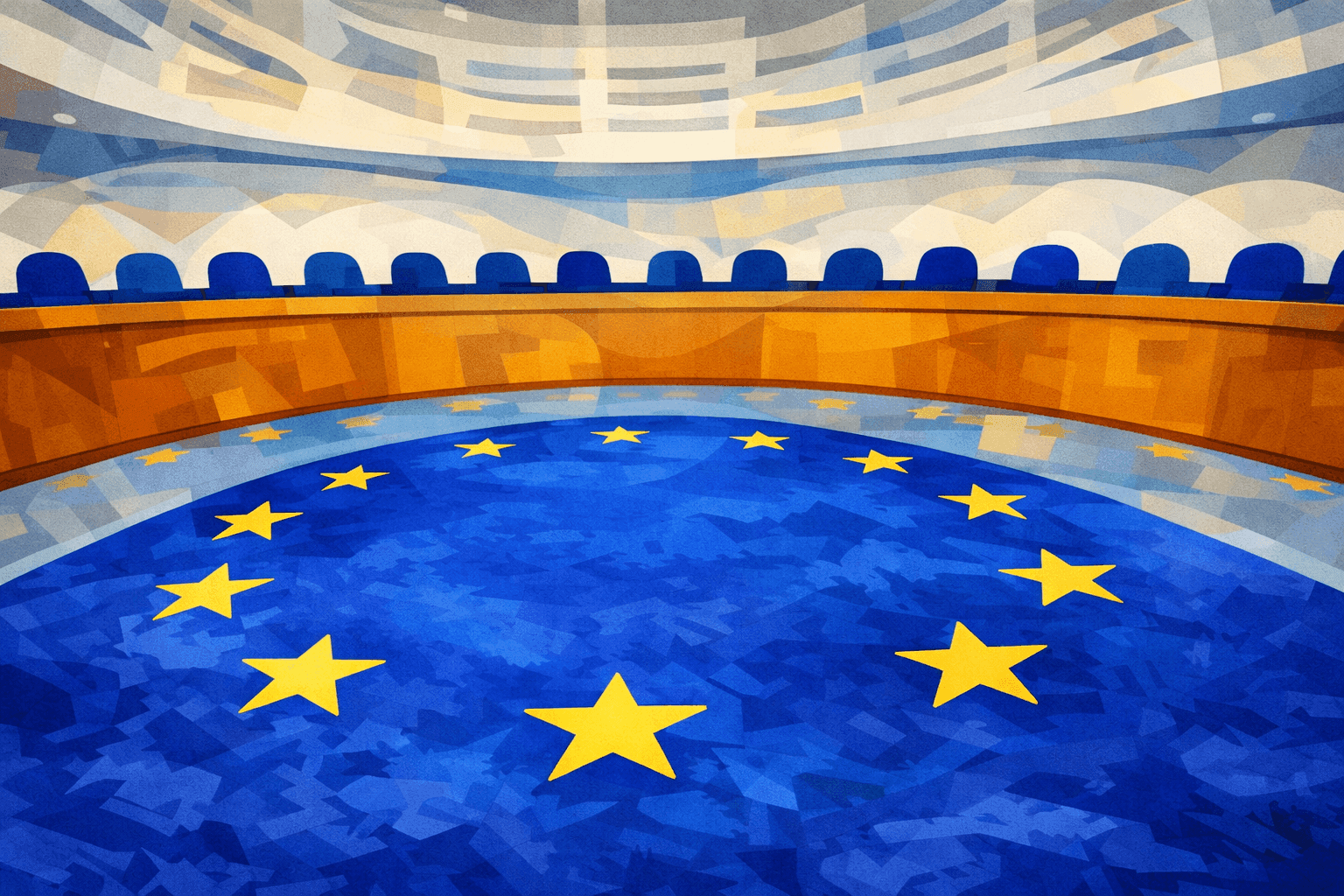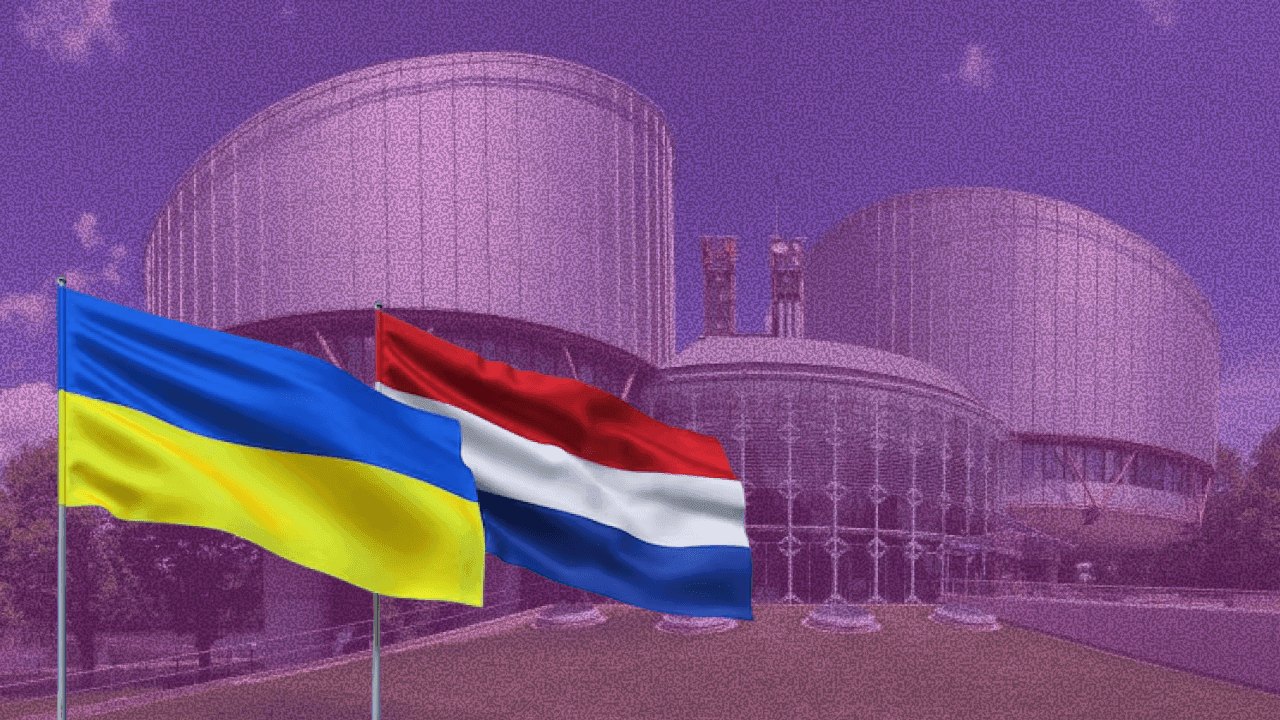This material is available in other languages:
ru
6 Nov 2024
Russia’s war against Ukraine’s environment
For the International Day for Preventing the Exploitation of the Environment in War and Armed Conflict, we are retelling an article by the Kharkiv Human Rights Protection Group.

Село Оскол Изюмского района, фото: Оксана Комарова (The village of Oskol, Izyum district. Photo by Oksana Komarova)
Table of contents
- The scale of damage
- The environment as an instrument of war
- Up to 80 000 bombardments per day
- Russia’s war against Ukraine’s environment
- The fight for the recognition of ecocide as an international crime
Russia’s war against Ukraine is causing large-scale ecosystem destruction and an unprecedented pollution of Ukraine’s natural environments. Why is Russia using the environment as an instrument of war, what is ecocide, and can the culprits be punished? Our colleagues from the Kharkiv Human RIghts Protection Group (KhPG) have published an article addressing these questions at length. For the International Day for Preventing the Exploitation of the Environment in War and Armed Conflict, we are retelling it in English and Russian.
The scale of damage
The damage suffered by Ukrainian ecosystems since the beginning of Russia’s full-scale invasion of Ukraine has amounted to $65 billion, reports Ukraine’s PM Denys Shmyhal. At a conference on environmental security, he reiterated that Russia’s aggression had already affected a third of Ukraine’s forests and 20 percent of its protected areas. Moreover, 35 per cent of Europe’s biodiversity, which has its home in Ukraine, is under threat. KhPG underlines that the Geneva Conventions prohibit such methods of war that are intended or can be expected to inflict severe damage to the environment. “Care shall be taken in warfare to protect the natural environment against widespread, long-term and severe damage. <...> Attacks against the natural environment by way of reprisals are prohibited,” — says article. 55 of Protocol I additional to the Geneva Conventions of August 12, 1949.
The environment as an instrument of war
Russia uses the environment as an instrument of conducting warfare, states Yevhenii Zubarevskyi, Deputy Head of the Department of Mine Action of the Main Directorate of Mine Action, Civil Protection, and Environmental Safety. He highlighted that “one of the main challenges in demining is the constant threat of new shelling attacks.” He also noted that Russia “employs cluster munitions and mines, which can result in the recontamination of previously cleared areas.”.
Up to 80 000 bombardments per day

Major Vladyslav Dudar
Department of Environmental Security of the Main Directorate of Mine Action, Civil Protection, and Environmental Safety
"In specific locations, 550 artillery shells fired by the occupiers were recorded per square kilometer in a single day. In such areas, experts from the Center of Excellence for Mine Action and Environmental Safety uncover remnants of various hazardous chemical compounds, heavy metals, and other decay products from explosive substances.”
According to Dudar, some areas are recorded to have seen up to 80 000 Russian shells per month. Ukrainian specialists also constantly monitor soil quality in cleared areas. They are currently working to make it possible for landowners to quickly revitalize damaged sites and to receive “an estimate of the expenses required for land restoration” in Mykolaiv and Kherson regions.
Russia’s war against Ukraine’s environment
KhPG underscores that between February 2022 and October 2023 Russia committed 2500 environmental crimes against Ukraine. Thus, 1436 cases of ecocide were registered in the Kharkiv region by August 2025. Ukraine currently prosecutes Russia’s crimes against its environment through two articles of its Penal Code, namely War Crimes (art 438) and ecocide (art 441). As noted by Ukraine’s Prosecutor General Andriy Kostin, Ukraine is the first in human history to investigate crimes against the environment as war crimes.
The fight for the recognition of ecocide as an international crime
In September 2024 the Pacific island nations of Vanuatu, Fiji, and Samoa submitted a proposal to the International Criminal Court (ICC) of the crime of ecocide. On September 9th, The Guardian reported that the pacific nations demand a recognition of ecocide, defined as “unlawful or wanton acts committed with knowledge that there is a substantial likelihood of severe and either widespread or long-term damage to the environment being caused by those acts” as an international crime alongside crimes against humanity and war crimes.
If the ICC accepts the proposal, the prosecution of executives of large corporations polluting the planet and leaders of states destroying the environment through military aggression would become possible.
This year, Belgium became the first EU member state to officially criminalise ecocide on both the national and the international levels. The new Criminal Code, adopted by Belgium’s federal parliament, includes prison sentences of up to 20 years for persons guilty of ecocide, and fines of up to €1.6 billion for corporations. As stated by Patricia Willocq, head of Stop Ecocide Belgium, the country must continue to fight for the recognition of ecocide by the International Criminal Court, because a comprehensive protection of the environment requires that the actions of those who are willing to destroy it be criminalised.
In September this year, the Ukrainian animal rights defenders UAnimals reported having petitioned the UN, the European Parliament, the Parliamentary Assembly of the Council of Europe, the Parliamentary Assembly of the North Atlantic Alliance, the Inter-Parliamentary Assembly of the Association of Southeast Asian Nations and other international organisations to investigate the environmental crimes that Russia is committing in Ukraine. UAnimals also prepared a petition for the ICC “to recognise Russia’s environmental crimes as ecocide.”
As noted by Maksim Popov, the advisor to Ukraine’s Prosecutor General, Ukraine is collaborating with the Stop Ecocide International coalition, while a delegation of Ukrainian MPs is advocating for the criminalisation of ecocide in the Council of Europe.
“At the end of March 2023, the EU Parliament adopted a resolution where it advised to amend the EU Directives, criminalising ecocide at the national level and to expand the Rome Statute with the fifth crime — ecocide,” said Popov.
According to Popov, punishing Russia for its crimes against the Ukrainian environment is completely possible. That requires action on two fronts: changing legislation and analysing the consequences of Russia’s aggression, and “involving international partners, first and foremost to document the damage” that Russians have inflicted upon Ukraine's environment.
“Ukraine must collect the evidence of Russian crimes against the natural world and the environment in order to make Russia pay reparations for this ecocide,” confirmed Executive Vice President of the European Commission Frans Timmermans in 2023.






